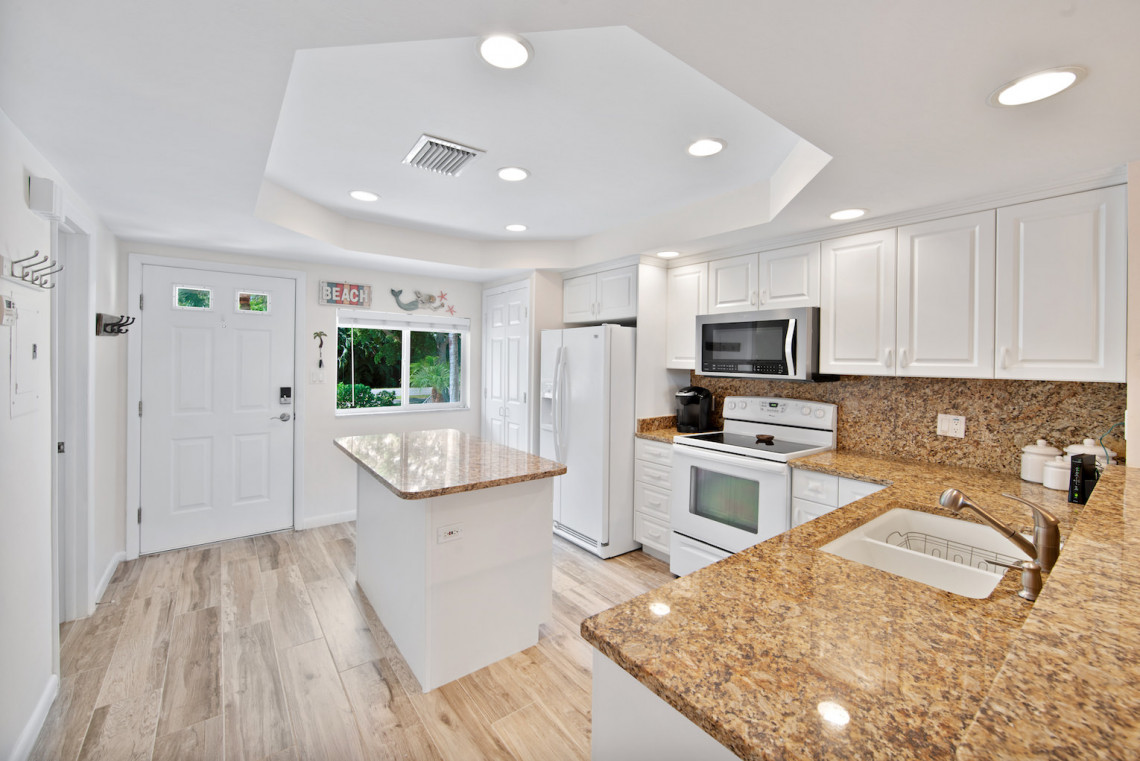What are RVM® and AVM estimated values?
Automated Home Values
In the world of artificial intelligence, we have to admit that AI can hit the mark in some areas and miss the mark in others. Don't get me wrong, I love a good automation. However, we know from experience that most automated tools lack the local knowledge and years of experience that a professional offers.
With that said the real estate industry has been using automated home valuation tools for YEARS before "AI" became all the craze. Consider "Zestimates," which first debuted in 2006. We've mentioned the inaccuracies of most automated home valuation tools compared to a personalized Comparative Market Analysis (CMA) that a real estate agent can produce. At the same time, we've also pointed out ways in which using an automated valuation tool can be helpful when generalizing and comparing data, or when watching the overall trendline of values over time.

Defining RVM & AVM
RVM® and AVMs are estimated values that are the result of multiple automated valuation models that use proprietary algorithms to provide an estimated property value. They are most commonly used in reports for homeowners seeking a quick estimate of what their home is worth. Estimated values are available for most single-family residences, condominiums, and smaller multi-family properties.
RVM® (REALTORS Valuation Model)
Includes on-market and off-market MLS listing data, plus publicly recorded sold data. An RVM® is typically a more accurate automated estimation tool than an AVM.
AVM (Automated Valuation Model)
AVM values are based solely on publicly recorded sold data, not data from local MLS providers.

Real Estate Lingo
To be honest, RVM and AVM are real estate terms you might never encounter in your home search or selling process. Still, it's nice to know what types of automation are working behind the scenes and understand. So how accurate are these tools anyway? The National Association of Realtors states that RVM® is tested continuously by leading independent testing companies, and has shown consistently high performance for both accuracy and hit rate.
RVMs and AVMs also come with a "Confidence Score" that further defines the accuracy of the value. High confidence scores indicate that multiple AVMs yielded similar values, whereas low confidence scores yield a wider range of values. Valuation models can have difficulty producing accurate estimates in areas where key property facts (beds, baths, living area, etc.) are missing from public records. The same is true in areas with few recent nearby sales and for unique property types and features.
So, as I mentioned at the beginning of this article, automation can be a great tool in real estate, but professional experience is still an important piece of the equation.




